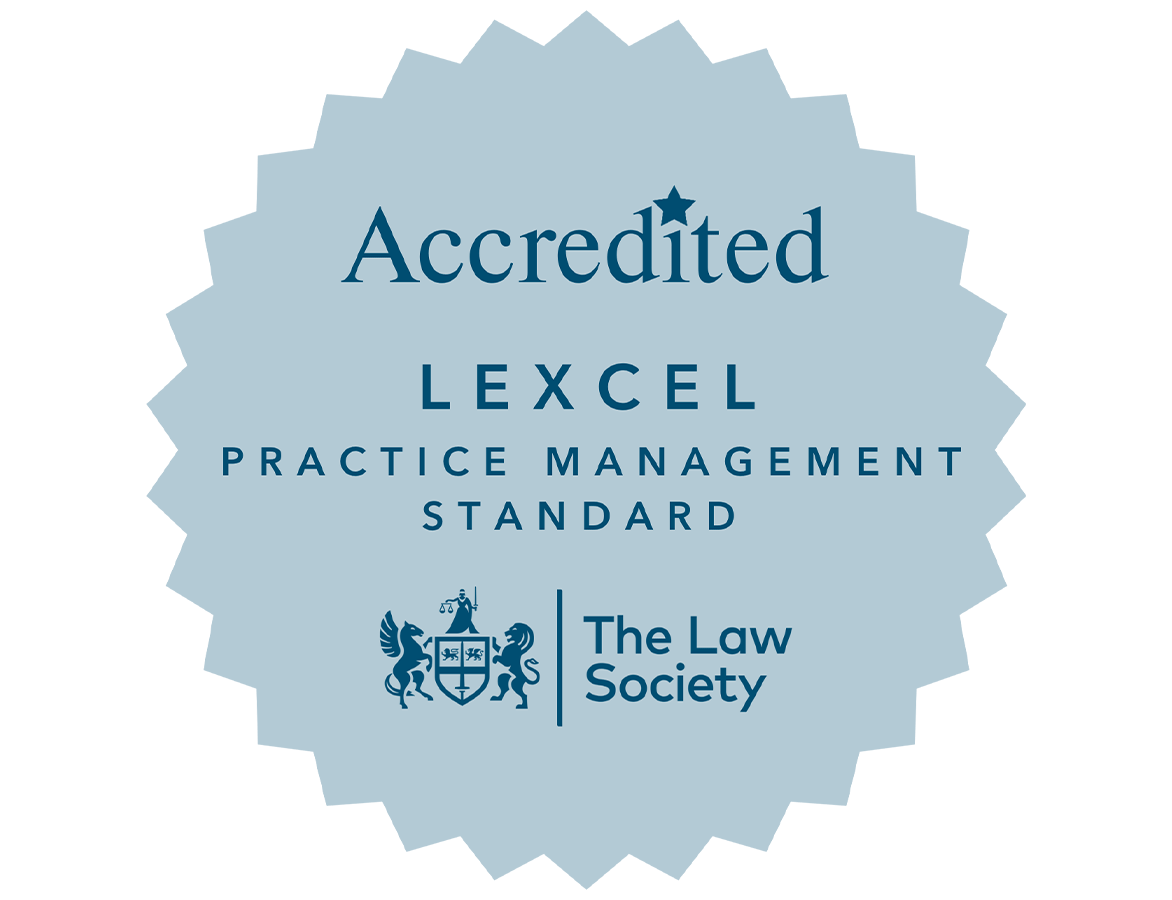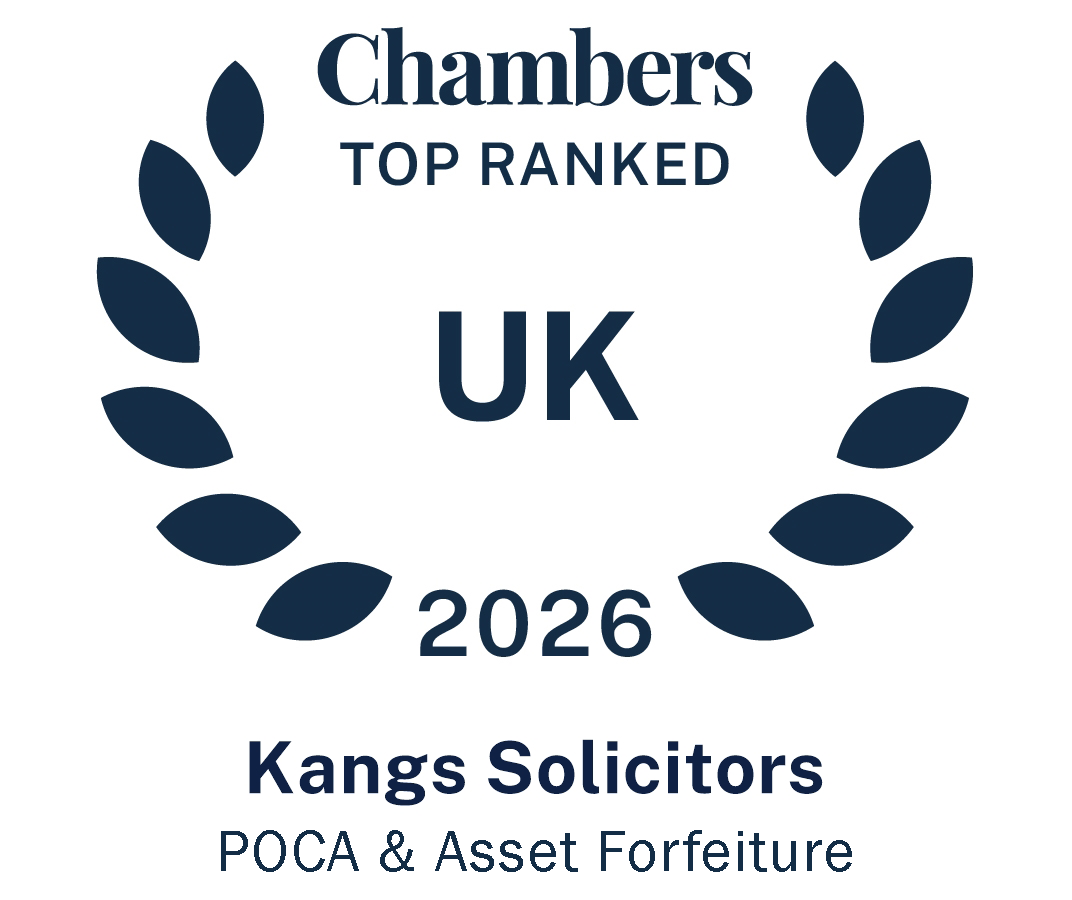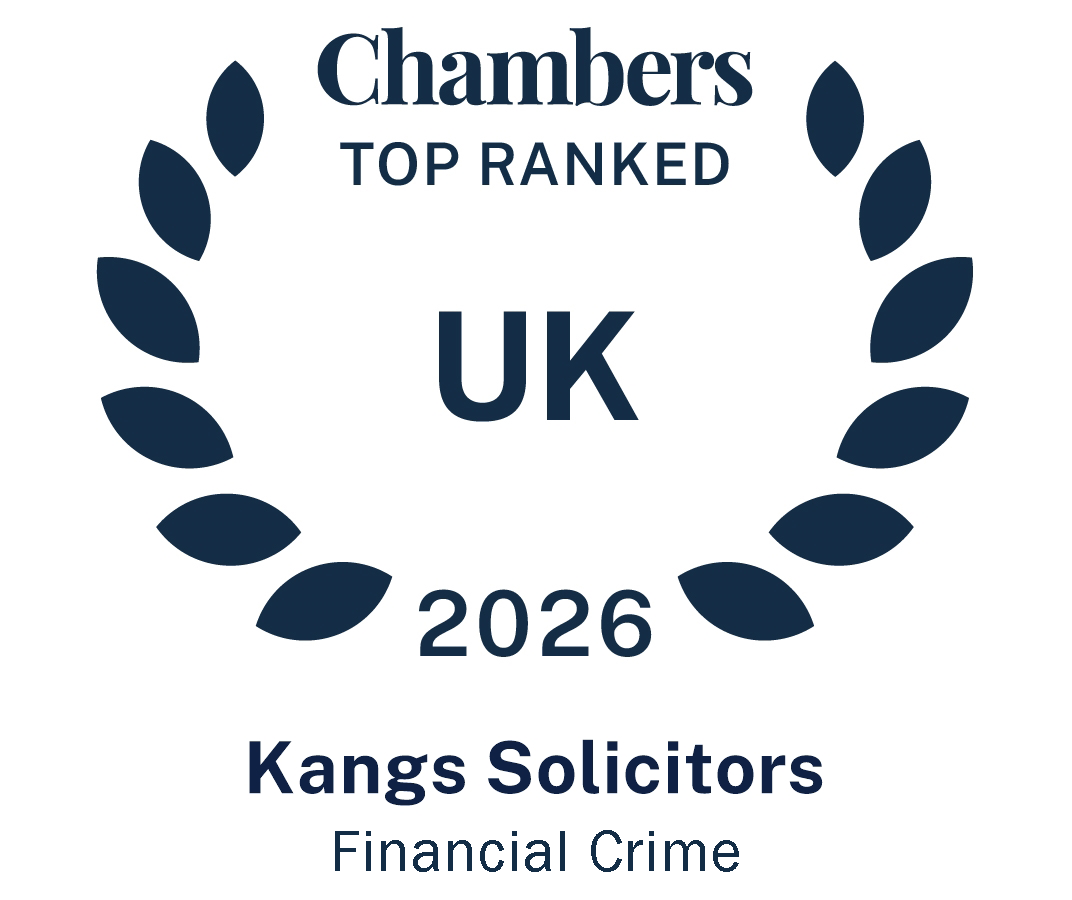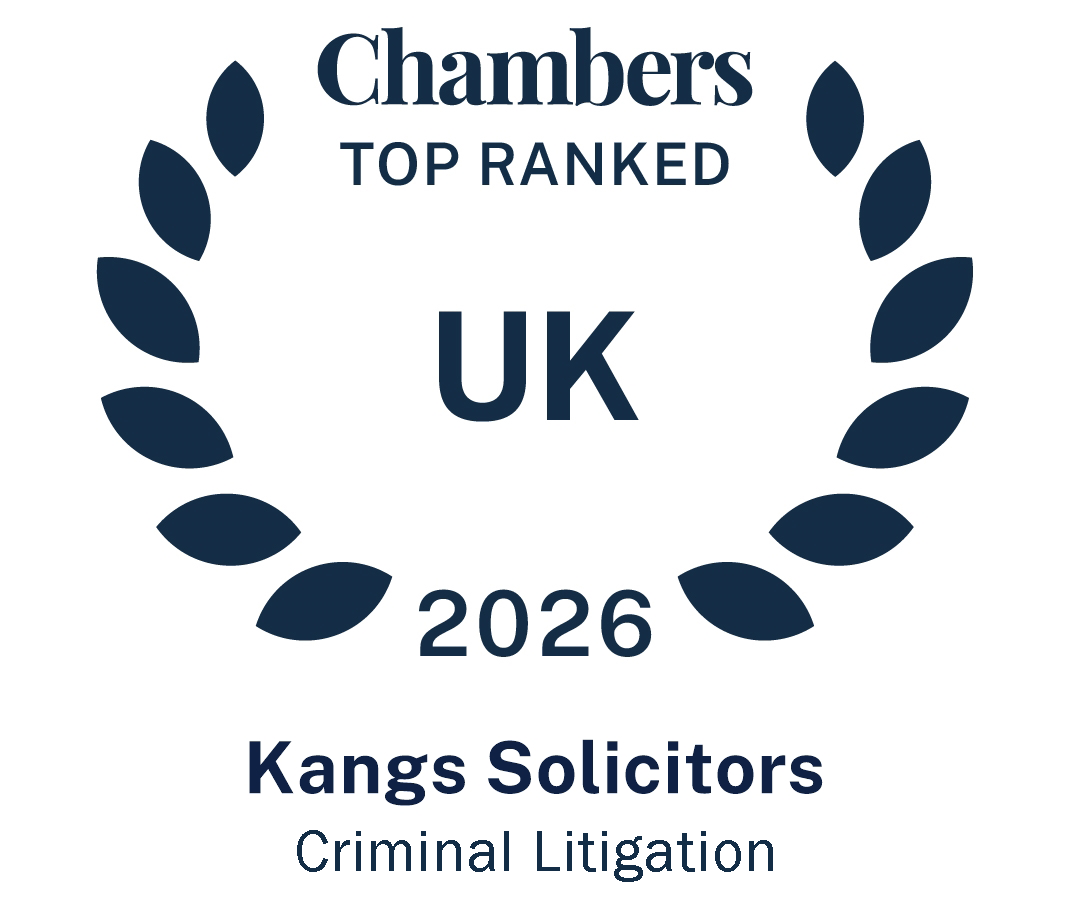Drug Offences Solicitors
What are the main types of drug offences?
Within the framework of drug-related criminal law, there are four principal offences, the possession of a controlled drug, possession with intent to supply, the production or cultivation of drugs and importation.
Possession of Illegal Drugs
Possession typically involves a person found with controlled drugs, even if they do not belong to them, mere possession is an offence. The person must have knowledge of being in possession of illegal controlled drugs as defined by the Misuse of Drugs Act 1971.
Possession with Intent to Supply
A more serious offence is possession with intent to supply. Supplying drugs includes both selling and sharing among friends, even if they did not pay for them. This offence is often proven with evidence such as a quantity of drugs inconsistent with personal use, drugs packaged or prepared for distribution, or the presence of drug related equipment or paraphernalia such as weighing scales.
Production of Controlled Substances
A person may be charged with production if they are suspected of participating in the creation or cultivation of illegal drugs. For example, providing premises or equipment, or growing cannabis plants can constitute a production offence.
Importation of Illegal Drugs
This offence refers to the unlawful import or export of controlled substances or drugs into or out of the country.
Specialist Solicitors for drug related offences
Facing allegations or charges related to drug offences can significantly impact both your personal and professional life. Whether you are accused of simple possession or involvement in a large-scale, multi-million-pound organised crime ring, our criminal defence solicitors bring over twenty-five years of experience in representing clients charged with criminal offences.
If you, a family member or someone you know has been arrested, our dedicated 24-hour Rapid Response Team is made up of skilled and experienced solicitors ready to provide immediate representation at the police station. If an interview has already taken place, we can offer expert guidance and support whether you have been charged, released under investigation, or placed on police bail.
In addition to representing individuals charged with drug-related offences, we routinely act for clients subject to confiscation proceedings under the Proceeds of Crime Act 2002 (POCA), which seek to recover assets deemed to be the proceeds of their alleged illegal activities. Our solicitors possess extensive expertise in POCA matters, money laundering, and other financial crimes, and have consistently delivered successful outcomes for our clients.
Why Choose Our Criminal Defence Solicitors?
Expert Legal Representation: Our criminal defence solicitors possess extensive practical experience in representing clients facing allegations involving all manner of drug offences, across all classifications of drugs and prohibited substances.
Police Station Representation: Our solicitors provide immediate support during interviews under caution, whether voluntary or under arrest.
Courtroom Advocacy: We represent clients in both Magistrates’ and Crown Courts, and when needed, instruct leading counsel and forensic experts to strengthen your case.
Specialist in POCA, Confiscation and Cash Seizure: Our solicitors act swiftly to secure the release of frozen assets and bank accounts, provide assistance in cash seizure and forfeiture proceedings, and deliver effective legal strategies to contest confiscation orders.
What to do if you are arrested for a drug offence
If you or someone you know has been arrested or is at risk of arrest for a drug-related offence, it is essential to seek legal advice without delay. Our team will respond at short notice and provide immediate police station representation to ensure your legal rights are protected. Contact us for a confidential consultation, where our experienced defence solicitors will offer expert legal advice and guidance.
For further information regarding drug offences, please see our Frequently Asked Questions.
Testimonials
Drug Offences | Defence, Sentencing & FAQs
What drug-related offences can KANGS assist with?
Our team of specialist solicitors provide assistance on cases involving:
- Possession of a controlled drug
- Possession with intent to supply a controlled drug
- Production, cultivation or manufacture of drugs
- Importation of controlled drugs
- Permitting premises to be used for producing or supplying drugs
- Related offences, such as money laundering and fraud
- Proceedings under the Proceeds of Crime Act 2002 (POCA)
- Confiscation proceedings, restraint orders and cash seizures
Contact KANGS
The expert fraud solicitors at KANGS are available to assist you. We can arrange initial consultations in person, by video call or telephone.
Please contact one of our experts listed below or contact us at:
What are controlled drugs?
Controlled drugs can be placed into three distinct categories, Class A, Class B and Class C, based on their potential for harm when misused. The classification of a drug directly influences the seriousness and legal consequences of offences involving possession, supply or production.
What are the classes of controlled drugs?
The classification system guides legal and regulatory responses to drug-related offences, with the severity of penalties reflecting the level of risk associated with each class.
Class A
These drugs are considered the most harmful and carry the most severe legal consequences. Examples include:
- cocaine,
- heroin,
- ecstasy,
- LSD.
Class B
Drugs in this category are deemed less harmful than Class A substances but still pose significant risks. Examples include:
- amphetamines,
- cannabis,
- ketamine,
- codeine.
Class C
Class C drugs are regarded as having a lower potential for harm, though they remain subject to legal control. Examples include:
- anabolic steroids,
- diazepam,
- nitrous oxide.
What are the sentences for drug related offences?
The maximum penalties for drug possession vary depending on the classification of the drug, ranging from up to two years’ imprisonment for Class C substances and up to seven years for Class A.
Most possession offences are usually dealt with in the Magistrates’ Court where the current maximum for a single offence is 12 months. For offences involving supply (selling, dealing, or sharing) and production, the maximum penalties range from fourteen years to life imprisonment, again determined by the drug’s classification.
What is the difference between the drug-related offences, possession and possession with intent to supply?
Possession with intent to supply is considered a more serious offence than simple possession and carries harsher penalties.
Possession refers to a situation where a person is found with controlled drugs, even if they do not belong to them. Additionally, the offence of possession depends on several factors, including the class and quantity of the drug, as well as the circumstances and location in which the drugs and the person were found.
Possession with intent to supply arises when the prosecution believes that the drugs were intended for distribution rather than personal use. This intent can be established through direct evidence such as surveillance footage or witness testimony. Other indicators such as, quantities of drugs inconsistent with personal use, the presence of uncut drugs, or evidence suggesting the drugs have been prepared for sale, may also support a charge of intent to supply.
Our Drug Offences Solicitors
Latest Legal News & Insights
Successful Outcome to a Voluntary Police Interview
Get in touch
Send an enquiry











